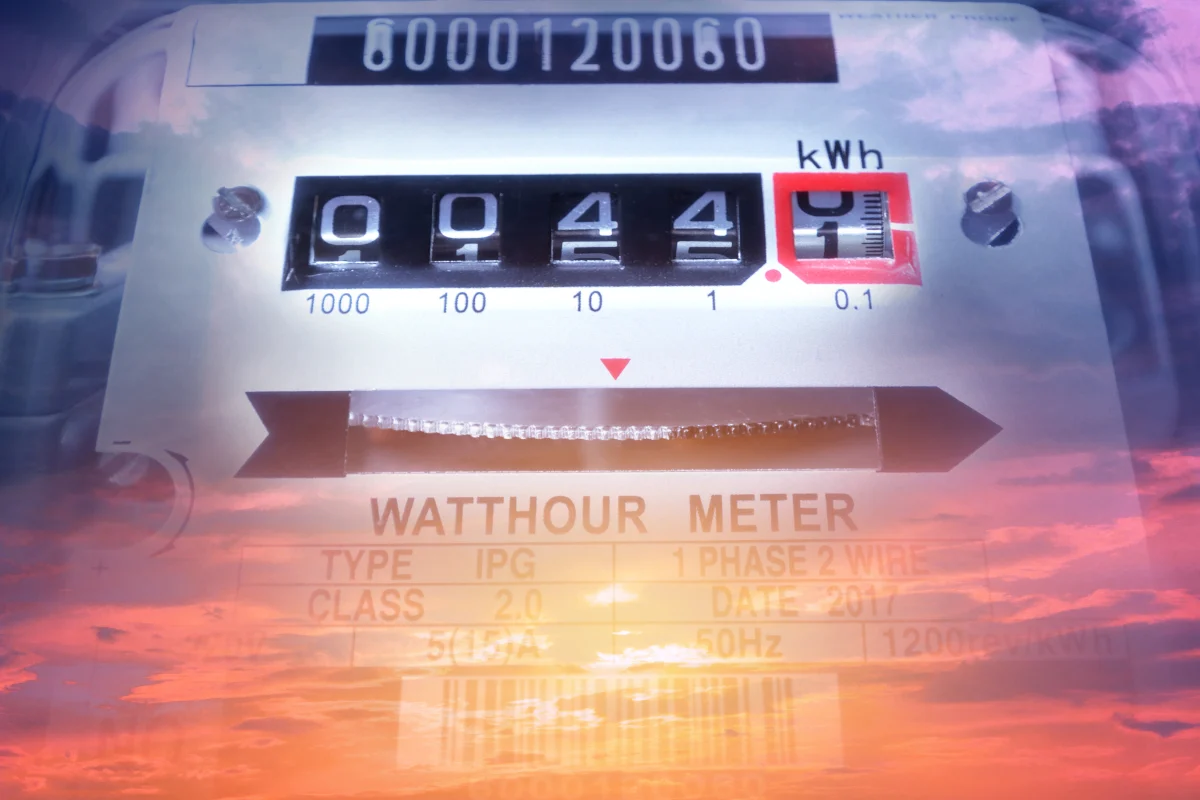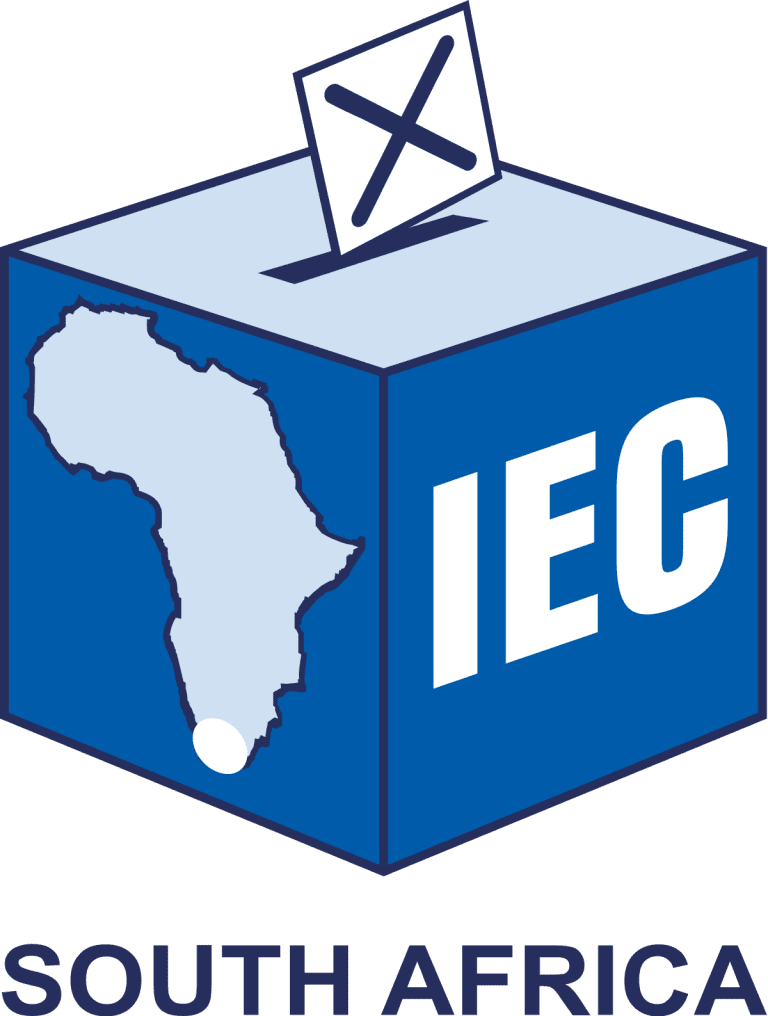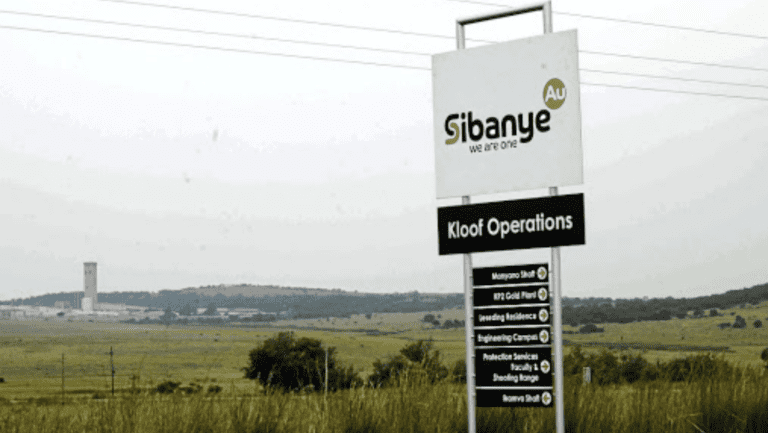In a recent parliamentary inquiry, the Department of Public Enterprises unveiled pivotal data regarding the implementation of smart electricity meters across South African households. As the nation grapples with energy management, the revelation that 31,000 homes have been equipped with these intelligent meters at a cost of R96 million marks a milestone, albeit a fraction of the anticipated budget allocation.
Amidst the escalating demand for efficient energy use, the Minister of Public Enterprises was questioned about the uptake of smart meters, installation statistics, and the associated expenses. This inquiry shed light on Eskom’s concerted effort to promote demand-side management (DSM) by leveraging smart meters to curtail electricity consumption during peak hours. Former Eskom chairman Mpho Makwana emphasized that DSM initiatives would play a pivotal role in alleviating short-term strain on the power grid, potentially reducing the frequency of load-shedding incidents.
The essence of smart meters lies in their capacity to regulate energy consumption during emergencies, such as grid constraints experienced during load shedding stages 1 to 4. These meters aim to ensure that customers retain sufficient power for essential needs, enabling the operation of lights and crucial electronic appliances during load-shedding periods.
Monde Bala, Eskom’s group executive of distribution, underscored the significance of deploying smart meters as a fundamental driver of demand-side management. Through these meters, both Eskom and municipalities can engage in load management and load-shifting strategies, alleviating stress on the grid during peak demand periods.
The scope of the smart meter installation program in Gauteng encompassed over 35,000 identified households, predominantly in Sandton, Midrand, and Soweto. Of these targeted homes, 30,597 customers in Gauteng consented to the installation of smart meters. Notably, around 10,000 meters were successfully installed in Fourways as part of the smart meter initiative.
Moreover, approximately 8,000 households have agreed to participate in the load-limiting pilot project, although meter installation for these households is pending.
The minister revealed that the existing smart meters were procured and installed by Landis+Gyr, the winning bidder after an open tender process. The installation costs amounted to approximately R96 million.
Looking ahead, the government aims to extend smart meter coverage to every South African household, estimating a total cost of R16 billion to be spread over a four-year period. To facilitate this massive rollout, a substantial financial partner will collaborate with the government, particularly in providing financing for economically disadvantaged households. However, the identity of this key financial partner remains veiled in secrecy, raising curiosity and concerns among stakeholders.
Samantha Graham-Maré of the Democratic Alliance (DA) highlighted the party’s efforts in seeking transparency by submitting a Promotion of Access to Information Act (PAIA) request to the Minister of Electricity’s office. The documents requested encompass details regarding the cost structure, the chosen service provider, and crucially, the identity of the undisclosed financial collaborator.
As South Africa navigates its transition towards widespread adoption of smart meters, there exists a palpable anticipation and a pressing need for transparency. The integration of these intelligent systems not only signifies a step towards efficient energy management but also brings forth challenges and inquiries into the financial mechanisms driving this ambitious national project. Stakeholders eagerly await a comprehensive understanding of the funding dynamics and the strategic collaborations that will shape the future landscape of energy consumption across households in South Africa.






































